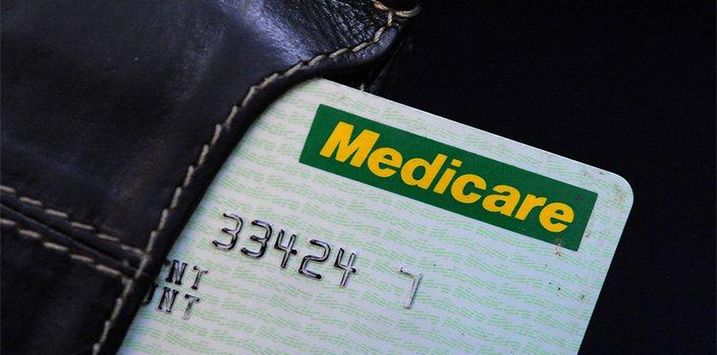
Why it’s so hard for the government to lower health care costs
Each year, health care spending chews up an increasingly large chunk of state and federal budgets. This trend is clearly unsustainable. Which is why the Australian government is conducting multiple reviews of the system in the hope of providing more efficient and cheaper care. So, should we put our faith in the efficacy of these reviews?
The best prescription for meaningful change is aligning health care stakeholders with the right incentives. These stakeholders are the providers of care (hospitals and doctors), receivers of care (patients) and funders of care (the government and health funds).
Each of these stakeholders has different motivations. Doctors and hospitals are motivated by providing high quality care at high turnover. Patients are motivated by quality care at low cost (either in the form of low premiums or no out-of-pocket costs). Health funds and governments are motivated by lower claims.
Herein lies the moral hazard, where one party is able to take a risk but another party bears the cost of that risk. In this instance, the doctors, patients and hospitals are the prescribers and beneficiaries of treatment, but the government and health funds are the ones that pay for it.
Removing this moral hazard is very difficult. If the government and the health funds want to lower claims inflation, they must play a greater role with treatment decisions. But doctors are the authority when it comes to prescribing care and are heavily resistant to any third party suggesting different courses of action.
The government has conducted decades of reviews of the health care system in an attempt to lower costs. But as long as this moral hazard remains, the impact of the current reviews, like the ones before it, will likely be modest.
This post was contributed by a representative of Montgomery Investment Management Pty Limited (AFSL No. 354564). The principal purpose of this post is to provide factual information and not provide financial product advice. Additionally, the information provided is not intended to provide any recommendation or opinion about any financial product. Any commentary and statements of opinion however may contain general advice only that is prepared without taking into account your personal objectives, financial circumstances or needs. Because of this, before acting on any of the information provided, you should always consider its appropriateness in light of your personal objectives, financial circumstances and needs and should consider seeking independent advice from a financial advisor if necessary before making any decisions. This post specifically excludes personal advice.
INVEST WITH MONTGOMERY
Lucas
:
The next card to fall in this game will be the inevitable loss of monopoly that chemists enjoy in filling prescriptions, but until this happens I think the doctors are safe. Equally, after a year or two of getting used to buying medicines from your supermarket I think it will be much easier to convince everyone that giving highly trained medical professionals that aren’t doctors the right to prescribe the most commonly available and lowest risks drugs to patients in hospitals will not cause the sky to fall in. The other obvious route here is to allow those seeking treatment from overseas providers able to claim via medicare. The resistance to these moves from doctors however will be fierce and the time-frames involved more like decades than years.
Pascal Marrot
:
Hi Ben,
In your article, you have failed to recognise one cohort that is paying for healthcare.
That is the patients and their immediate families themselves. Health funds don’t pay for it with their money. They are using the premium ‘float’ to pay for it.
Governments are certainly carrying significant healthcare risk, but the health funds are not. They are smart enough to transfer that risk to the consumers and patients and they are not compelled to provide patients with coverage. If you are too high risk, they simply won’t provide you coverage at an affordable cost.
Health care premiums over the last 10 years have risen at approx 3 times the rate of inflation.
Private healthcare simply isn’t worth the money that we pay and why the government ‘penalises’ taxpayers for not having it. This is unsustainable.
steph
:
we need individual premiums as for other insurance